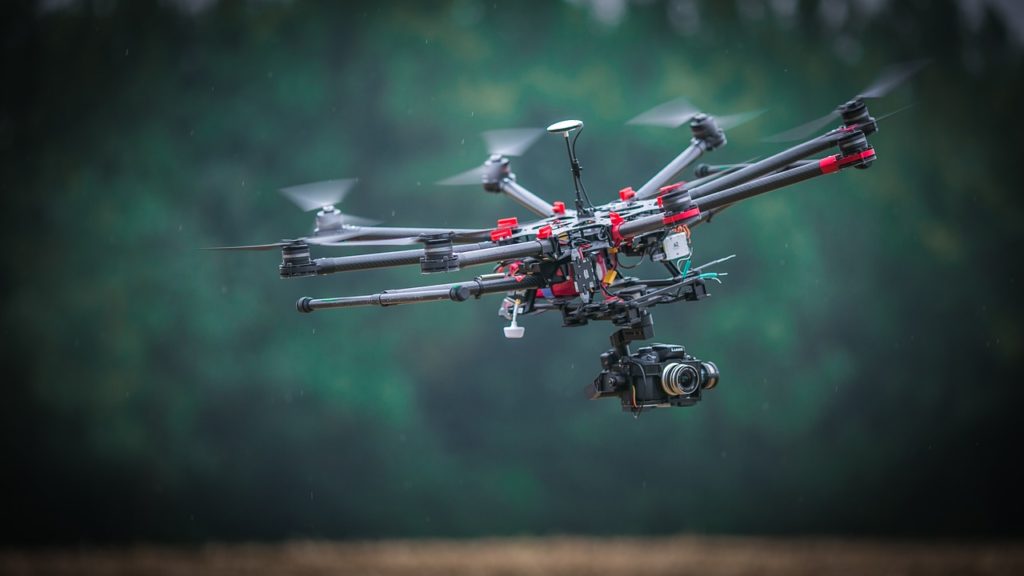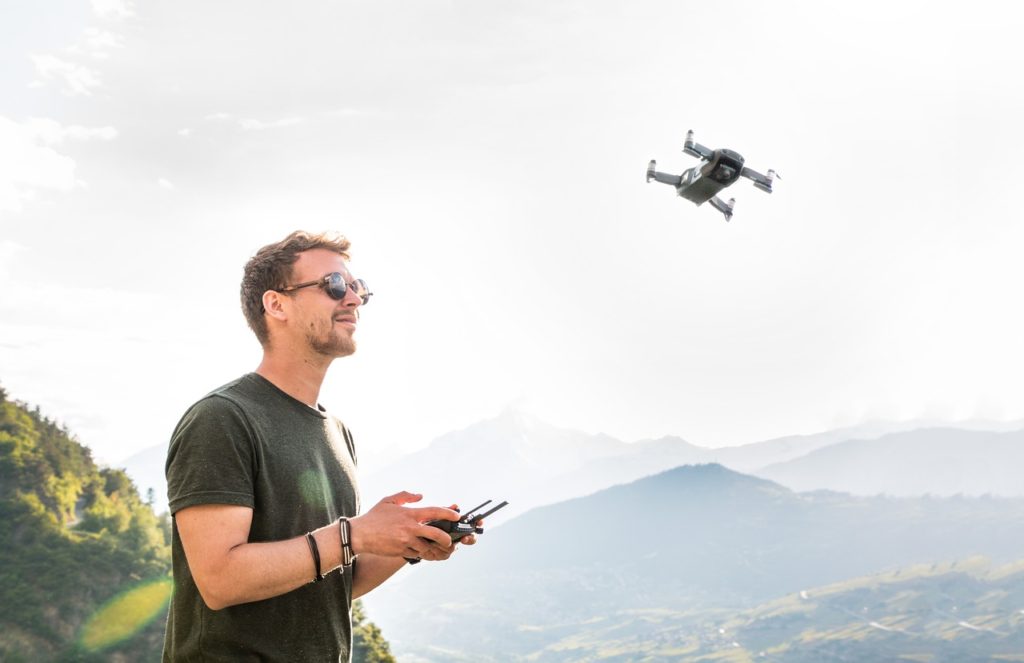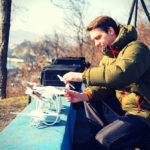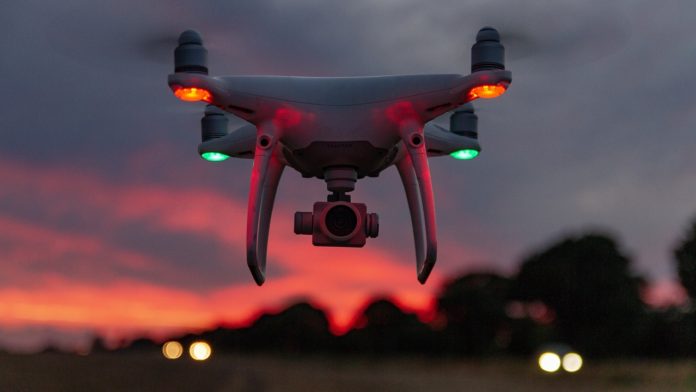Should My First Drone Be Cheap or Higher End?
Choosing a first drone is an important experience.
If you’ve never flown a drone or RC aircraft before, this is going to be your first experience with this technology. First impressions are everything, so this could make or break your perception of the hobby/profession.
One of the questions I get asked most often is, “Which drone should I buy first?” Should they go with a cheap drone? A more expensive one? Should they buy a professional drone if they plan on becoming a professional pilot, or should they train with a cheaper one?
These are all valid questions. Let’s break them down:
The Argument For Starting Higher End
The budget for a higher-end drone is usually $300 or more. However, if you’re venturing into this range, you’ll probably want to spend at least $500 (or simply go for a cheap drone if you’re not prepared to spend this much).
A high-end drone typically lasts longer. They’re more durable in crashes, and they’re less faulty.

When your skills get better, you won’t need to upgrade for a while and you won’t outgrow it as quickly.
Control distance is one of the biggest reasons why new pilots tend to upgrade their rigs early on. Most cheap drones simply don’t have a long enough range to be exciting flyers.
High-end drones are also more stable, which can sometimes make them easier to fly for new pilots despite their increased size. A lot of them use GPS positioning to maintain stable flight, rather than the pilot’s own stick control.
Camera quality is much better on higher-end models. The shots cheap camera drones take are typically so low quality that it’s not worth taking pictures and videos with them.
If you’re planning on becoming a professional pilot one day, there are many professional quality drones that are cheap enough to buy as a first drone but can also be used to start your business, like the DJI Phantom 3 4K.
The Argument For Starting With a Cheap Drone

Cheap drones are typically less than $300, with under $100 being considered the cheapest and the range a lot of people start off with.
These drones require much lower upfront investment. The odds are highly likely you will crash, especially on your first day. If you have a bad crash and you’ve spent $500 or more on a rig, you could end up spending the same amount to fix it or you’ll need to buy another one.
Most of these drones can also be flown indoors. This gives you more time to practice when the weather isn’t suitable.
You can also try out different types of drones to find the one(s) you enjoy most before investing in that particular type. And you’ll find out if flying drones is actually right for you and something you enjoy doing.
Who Should Buy What?
If you are unsure whether you will like flying drones as a long term hobby or a profession, then go with a cheap drone. You won’t be risking a large investment, and it will be a nice test run to see whether you want to continue flying in the future.
You should also go with a cheap drone if you want to fly indoors.
If you’re into photography and videography, you will want to start off with something higher-end, typically in the $300+ range. This is especially the case if you’re planning to fly professionally one day.
You’ll get a drone that will last you longer, one you won’t need to upgrade as quickly, and one you can start your business with if you decide to go that route.
My Favorite Cheap and Higher End Drones For New Pilots
My favorite drone under $100 is the Syma X8C Venture. It comes with a 2MP camera that’s actually decent, and it’s a good size for new pilots without being too flimsy.
My favorite drone for new professional pilots is the DJI Phantom 3 4K. It has enough power and features to be professional quality, and it won’t break the bank as your first professional drone.
If you have any questions about which drone you should buy first, don’t hesitate to comment below and I’ll do my best to help you out!
About The Author
 Mark Sheehan started My Drone Authority to share his knowledge and help people get the most out of this amazing hobby and profession.
Mark Sheehan started My Drone Authority to share his knowledge and help people get the most out of this amazing hobby and profession.
